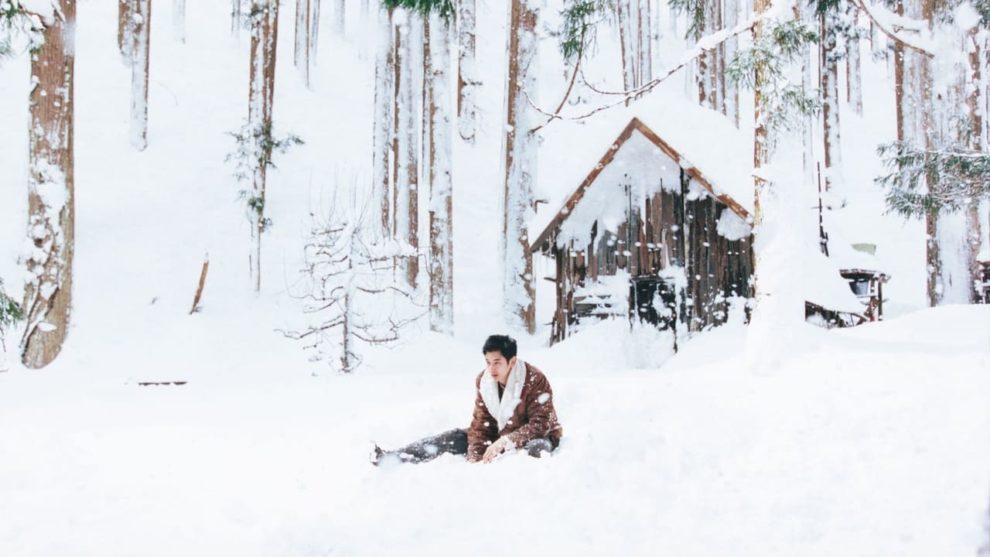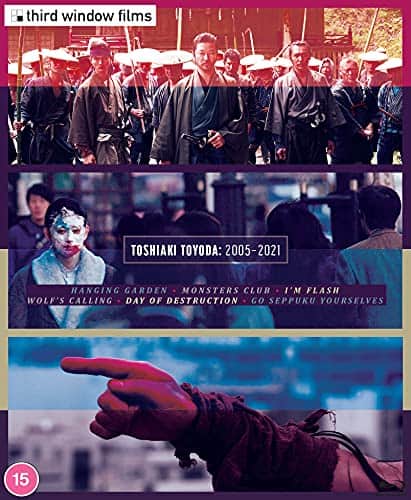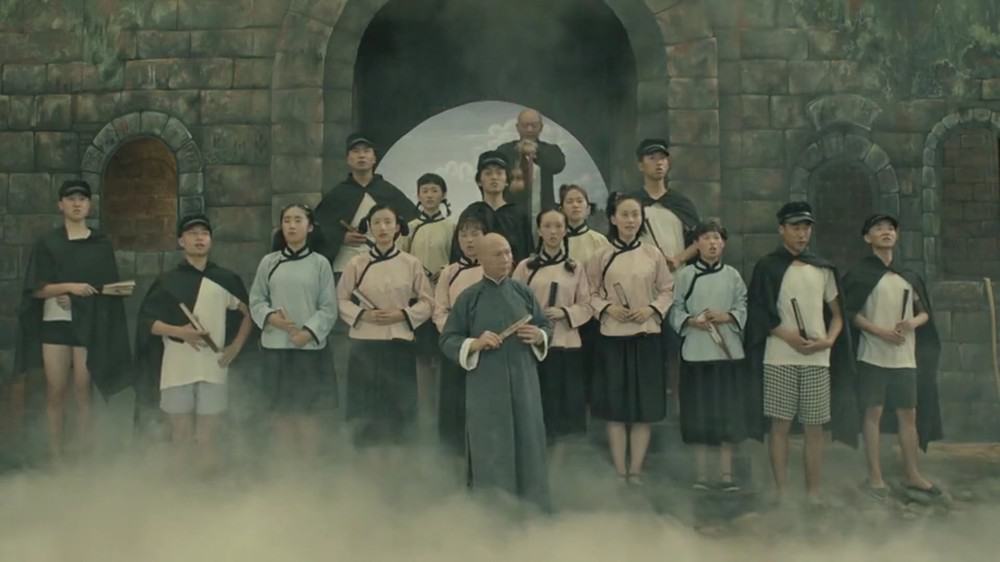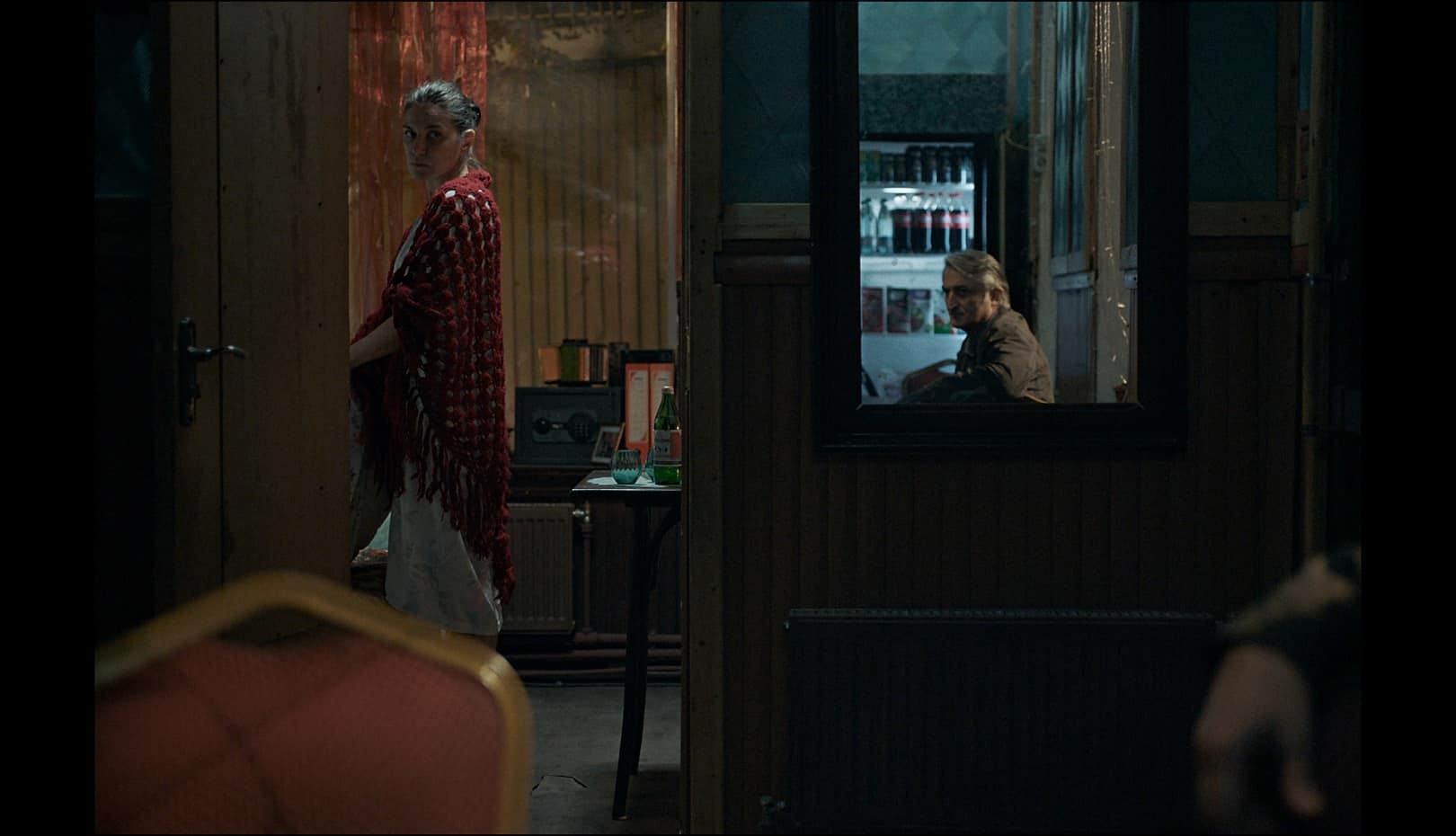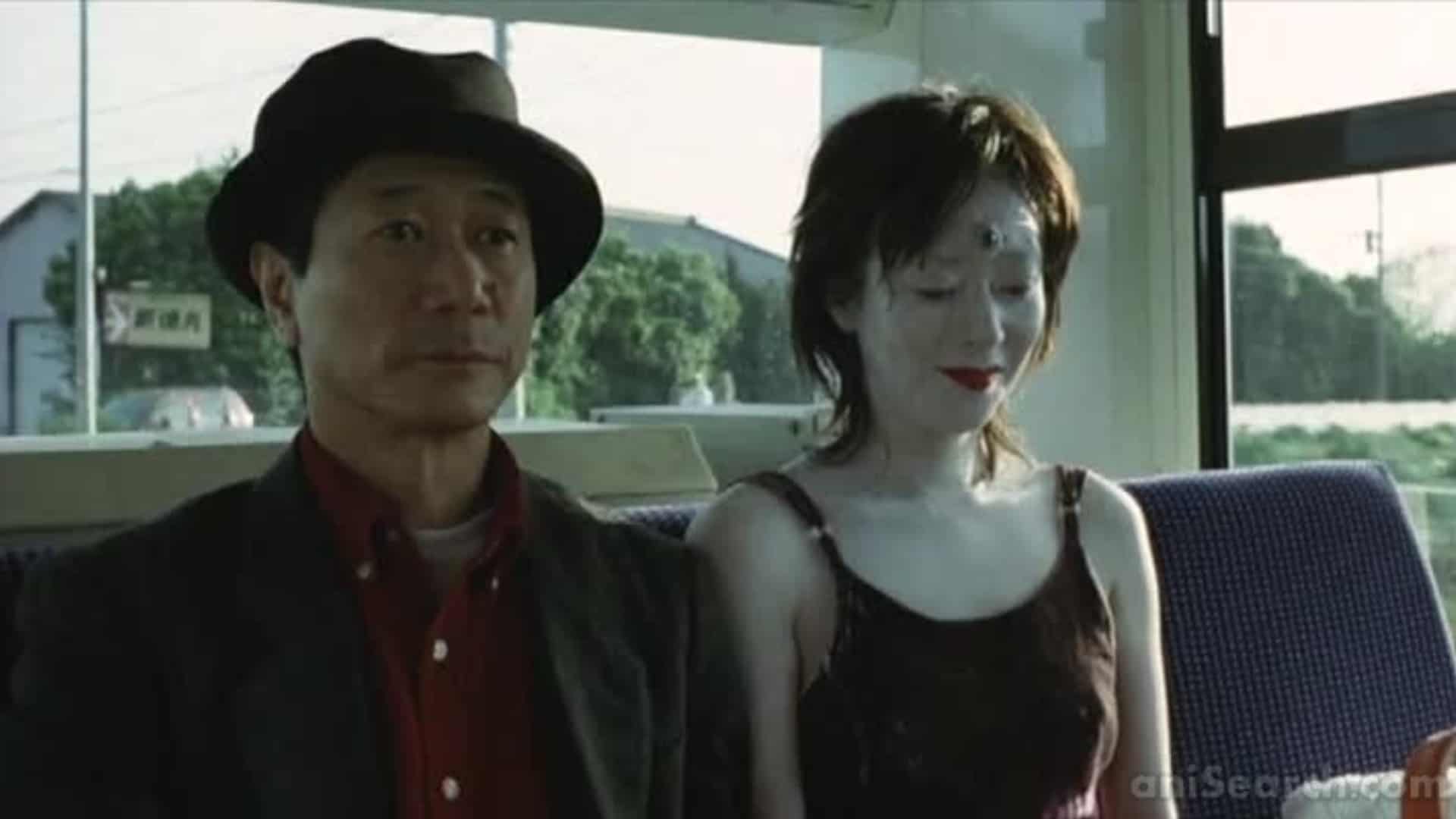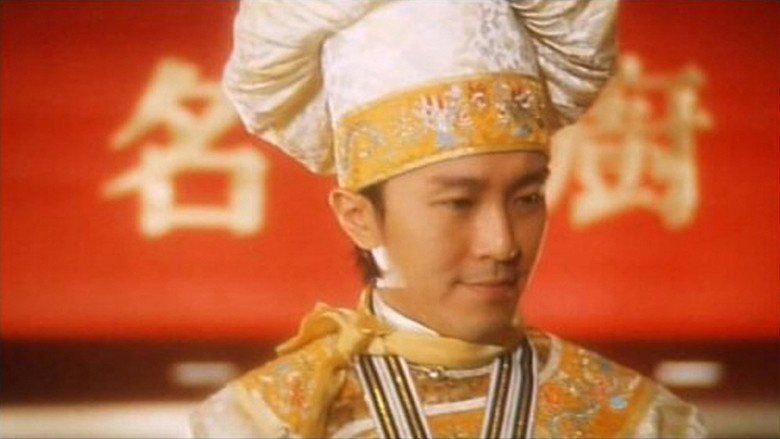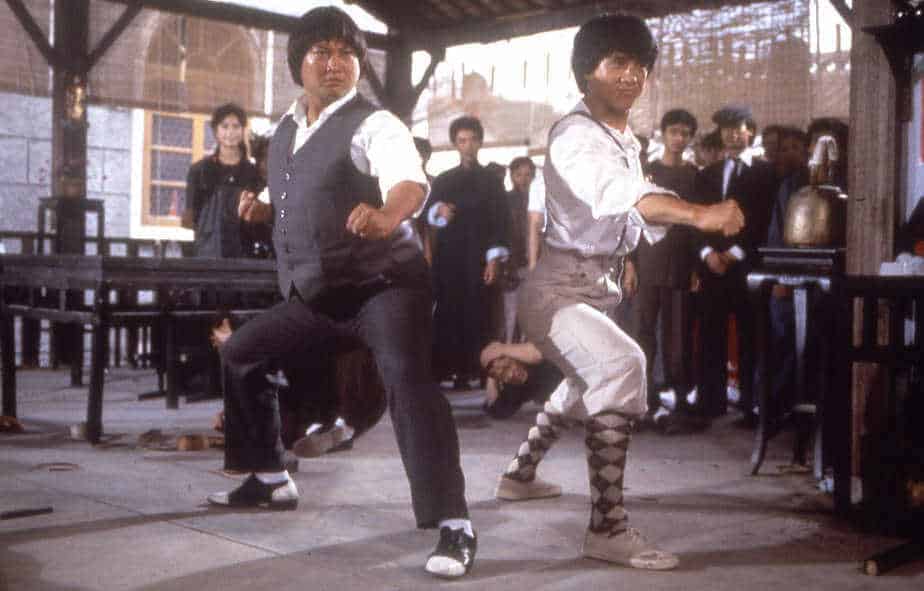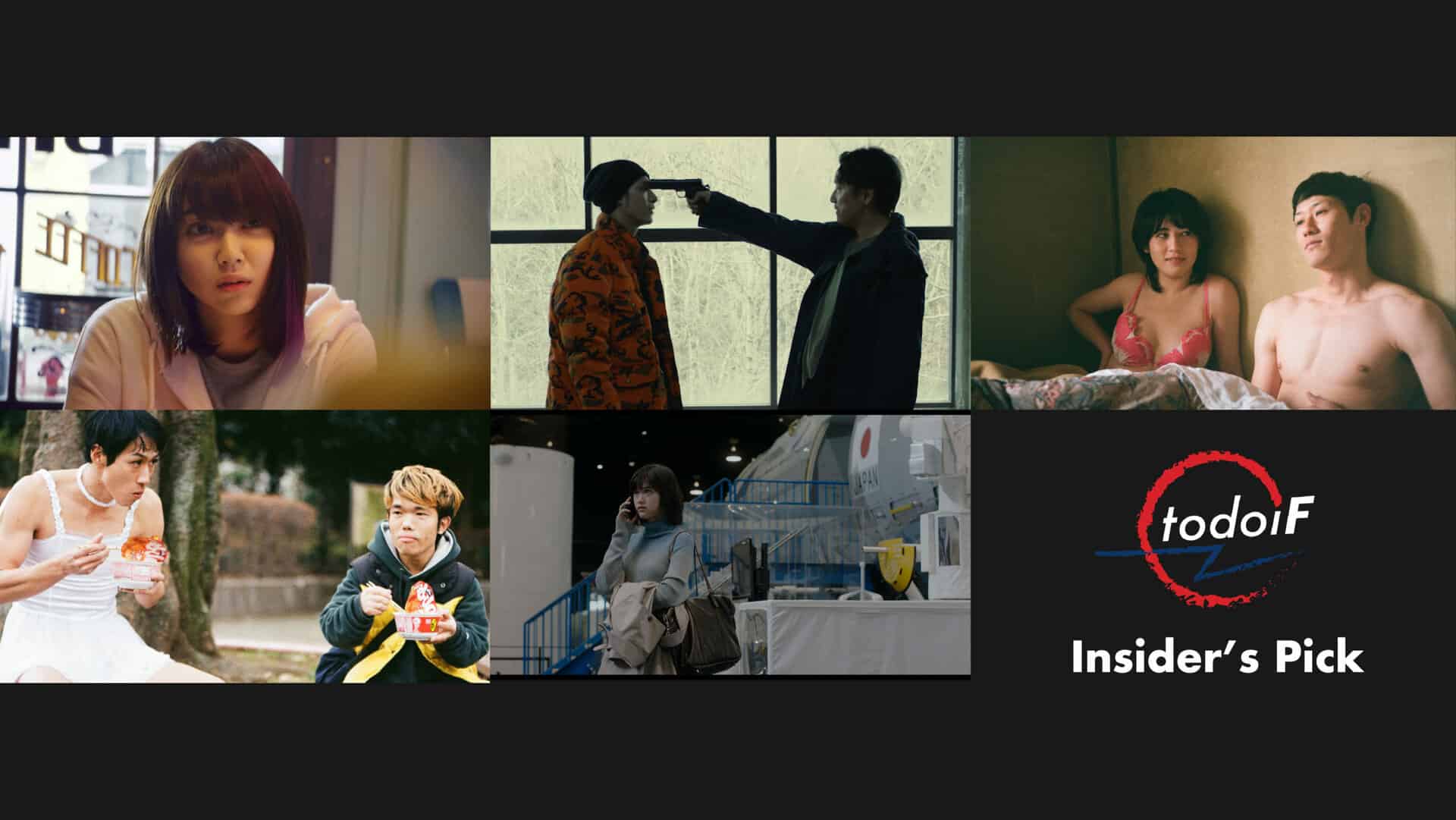Withdrawn from society, Ryoichi lives an isolated existence on snow covered mountains where he idles the days away with menial tasks and sending mail bombs to the CEOs of corporations and TV networks. After encountering an odd figure in the night, he is visited by the ghost of his older brother, whose suicide had driven him into withdrawing from the world. As Ryochi interacts with the spirits of the past and surviving family members, he begins to better understand his actions, coming face to face with the horrific realization of the monster he has become.
Buy This Title
Inspired by the story of the uni-bomber, “Monster's Club” offers itself more as an exploration of the mentality behind a troubled mind over an exploitation of true crime. There is no romanticizing the scenario, yet there is a certain call to understand the loss of humanity that can go into crafting such a tragic figure. As such, It is hard to argue that Ryoichi is a redeemable character, but his plight speaks to the missteps anyone can take to find themselves drowned in nihilistic ruminations. One of the director's common traits is humanizing difficult characters, and “Monsters Club” proves both his greatest challenge and success in making a confused, violent loner a sympathetic figure.
For such an introverted persona to portray in Ryoichi, Eita Nagayama is a whirlwind of complex emotions bounding between anger and melancholy with ease. The slow build up, to the inevitable decline, is extremely discomforting, a tragic portrayal of a man meeting an unfortunate end. Furthermore, the inclusion of Japanese visual artist Pyupiru as the ‘ghost', brings a unique, ominous vibe to the production through the performer's play with conventions on gender and form encapsulating perfectly Ryoichi's own struggle of identity. The rest of the cast is well rounded, but the presence of these two feeding off each other dominates the audience's attention.
Flowing at a slow pace, the visuals know when to hover over the wilderness to capture the sense of isolation or zoom in on the pained expressions of Ryoichi. The snowy landscapes give the production an almost meditative vibe, dominating the film as even the interior shots reflect the quiet cold that is ever present – the aesthetic is heavily defined by the empty spaces in-between actions. Furthermore, the ghostly figures that haunt from the corners of the screen give the story a slightly macabre vibe – though to state this isa horror in anyway would be misleading. The sound design, which always takes on great importance in Toyoda's work, further resonates the feelings of solitude with the cold winter winds providing a desolate audioscape that engulfs Ryoichi.
Toyada has proven to be adept at evoking a strong visceral reaction within the closing moments of his film, from the rock ballad closing out “Blue Spring” all the way back to his first feature “Unchain” which loops previous dialogue from an interview. Howerver, the tact in which Toyoda approaches the use of various media, such as a piece of music, comes from understanding that it should not be utilized as a quick way to evoke emotion through familiarity (a common crutch in lazy productions). Instead, Toyoda uses other forms of art as a reflection of the narrative that came before, making unfamiliar media perfectly punctuate the emotion the production aims to tell. As such, “Monsters Club”‘s use of the poetry of Kenji Miyazawa in the closing moments expresses the character's struggle through the story of a man who has given up and is ‘going away' – leaving his family behind with only a promise they will do better than him.
Reflective of the story Toyoda is trying to convey is the odd amalgamation of Western influence (Ted Kaczynski) and classic Japanese literature that blend in a unique way that only an auteur like Toyoda can tackle. Consequently, the director is able to transform classic literature from a generation past into something ubiquitous by tapping into the emotions the short poem emits and making it applicable to modern paranoia. The final moments of “Monsters Club”, arguably, are the most impactful and gut-wrenching out of the director's entire filmography.
“Monsters Club” has remained one of Toyoda's least revered work, brooding in isolation with a meditative approach that is slower paced than the more frenetic and stylized productions audiences have come to expect. However, its nuanced approach and understanding of severe, all encompassing, depression makes the project one of his most accomplished works – essential viewing.


